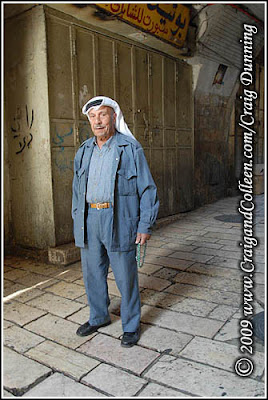The guys in the photo below are refugees from Sudan. They are becoming the leaders of the Sudanese Church in Tel Aviv, and our church has adopted them.
Besides some financial help, we are trying to train them to be leaders of the church. We recently finished a Bible study methods course, and are now beginning to study the qualifications of a church leader found in I Timothy 3 and Titus 1.
The studies are interesting in that we use English as the teaching language, but Arabic and Dinka are used as well. Hopefully, my Arabic studies will help me be a better teacher for them.


